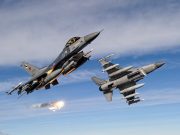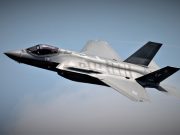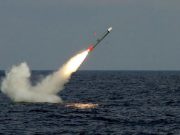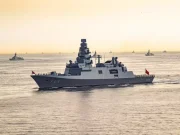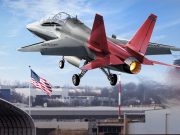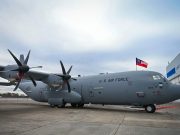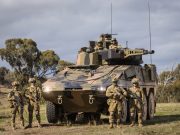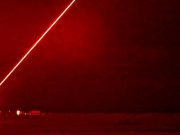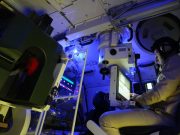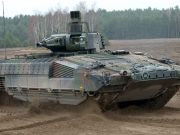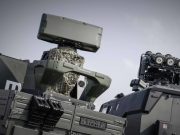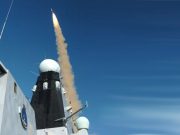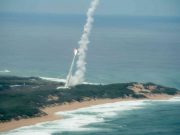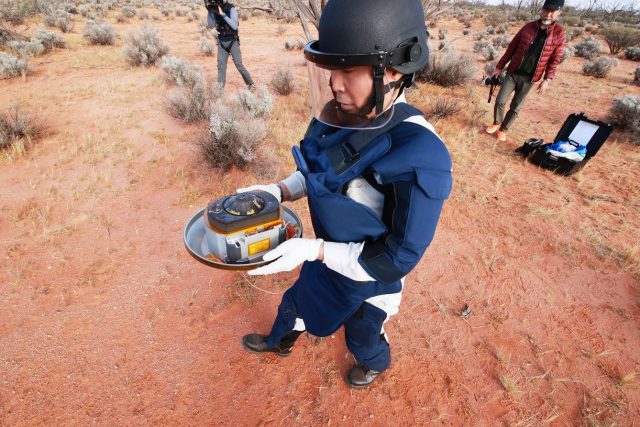A Japanese space capsule carrying samples from a 4 billion year old asteroid has landed in remote South Australia.
The Hayabusa2 capsule landed in the Woomera Prohibited Area (WPA) after heading back from the asteroid to Earth on November 13, 2019. The mission launched in December 2014 and saw the mission’s spacecraft reach the asteroid Ryugu and extract two samples. After the sample is retrieved, the Japan Aerospace Exploration Agency (JAXA) will return the sample to Japan.
The return of capsule to Earth was supported by the Australian Space Agency and Department of Defence.
Australian Minister for Industry, Science and Technology Karen Andrews congratulated JAXA on the landmark event, which she said strengthened Australia’s position as a desired partner for future international space missions.
“The return will also enable scientists to gain insights into the origin and evolution of the solar system through studying rock, organic matter and water from the surface sample – helping us further understand our oceans and life here on Earth,” she said.
Minister for Defence Linda Reynolds highlighted the opportunities in sustaining future collaborations in space.
“Science and technology collaboration is a priority for both our countries, as I recently agreed with my counterpart Minister Kishi during my visit to Tokyo in October. We agreed to drive bilateral space cooperation in areas of mutual benefit,” Minister Reynolds said.
“It has been defense’s privilege to work closely with JAXA’s Hayabusa2 project team to support their planning and rehearsal activities for today’s successful capsule re‑entry within the WPA.”
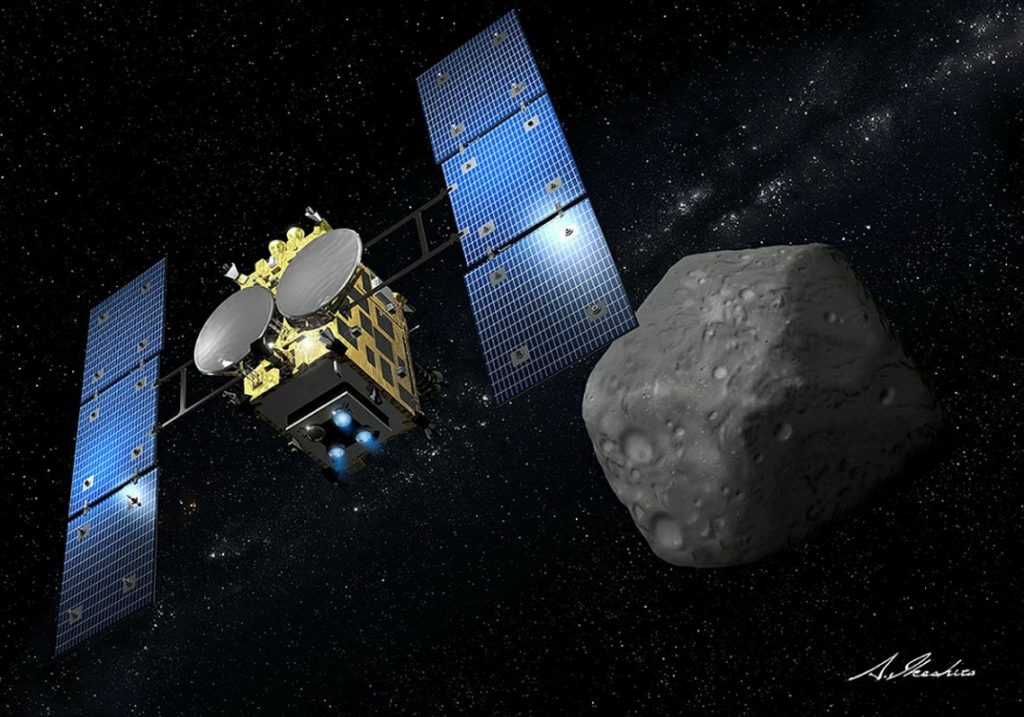
JAXA President Dr Hiroshi Yamakawa said over the course of six years of its mission, he was very proud and honored to be able to face this important moment together with the people of Australia.
“Accomplishing the capsule re-entry, landing and recovery operation in a safe and sound manner, couldn’t have been done without the support and understanding from the Australian Government, Department of Defence, the Australian Space Agency and people in Australia,” Dr Yamakawa said.
“Under the difficult situation due to the COVID-19 epidemic, we are sincerely thankful that the JAXA Hayabusa2 recovery team was granted permission to enter the country and allowed to set up their operation base in Woomera, South Australia.
“Researchers in Japan and from all over the world will analyze the precious samples collected on the asteroid Ryugu, and we look forward to reporting the results to all the supporters in Australia.”


